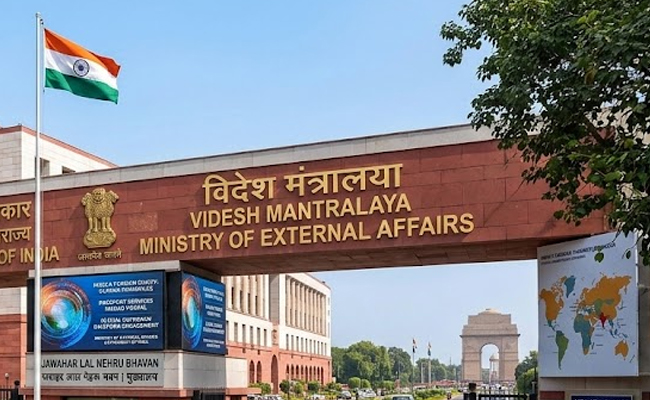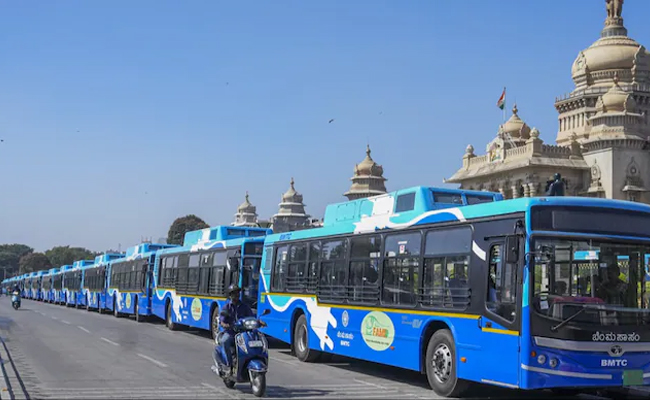Mumbai: Indian-American singer and songwriter Avanti Nagral has unveiled a new track titled "Treated" that emphasises on kind humanitarian behaviour. She says that respect is the number one thing in any kind of a relationship.
Qyuki's latest project with Avanti is produced by Mumbai-based Flying Carpet Productions.
Inspired by Avanti's personal experiences along with stories of women who have faced domestic violence, marital rape and bad relationships, the song promotes the importance of taking a stand in any kind of relationship.
"'Treated' is a song that I wrote to my 12-year-old self. I'm thrilled for people to hear the song and watch the music video, and I hope that anyone listening to the song is able to take away that respect is the number one thing in any kind of relationship," Avanti said in a statement.
Sagar Gokhale, Chief Operating Officer of Qyuki, said: "Avanti is a powerhouse of talent. Her music is unique and so is her dedicated fan following. With this collaboration, we are exploring new avenues in the digital music space and are pumped to support Avanti in her endeavour and ours."
Let the Truth be known. If you read VB and like VB, please be a VB Supporter and Help us deliver the Truth to one and all.
New Delhi (PTI): The Ministry of External Affairs (MEA) has set up a control room to assist those affected by the escalating crisis in West Asia.
The MEA has said almost one crore Indian citizens live in West Asia and their safety and well-being is of "utmost priority" for New Delhi.
As the Iran-US conflict widened, the Indian embassy in Iran moved hundreds of Indian students from the Iranian capital of Tehran to safer locations.
"A Control Room has been set up in the Ministry of External Affairs in view of the current situation in West Asia and the Gulf region," the MEA said on Wednesday.
"The Control Room can be contacted from 9 am to 9 pm at: 1800118797 (Toll Free) +91 11 2301 2113, +91 11 2301 4104, +91 11 2301 7905," it added.
The US launched military strikes on Iran on February 28, killing Iranian Supreme leader Ali Khamenei.
Following the military offensive, Iran has carried out a wave of attacks mainly targeting Israel and American military bases in several Gulf countries, including the UAE, Bahrain, Kuwait, Jordan and Saudi Arabia.
The MEA on Tuesday noted that almost one crore Indian citizens live and work in the Gulf region, and their "safety and well-being is of utmost priority."
"We cannot be impervious to any development that negatively affects them," it said.
The MEA said New Delhi will continue to closely monitor the evolving situation and take relevant decisions in the national interest, adding it is in touch with the governments in the region as well as other key partners.
A Special Control Room has been set up in the Ministry of External Affairs in view of the current situation in West Asia and the Gulf region. Details are as below ⬇️
— Randhir Jaiswal (@MEAIndia) March 4, 2026
🔗 https://t.co/nK3d6SY9Pa pic.twitter.com/v2EhUI5B1x




